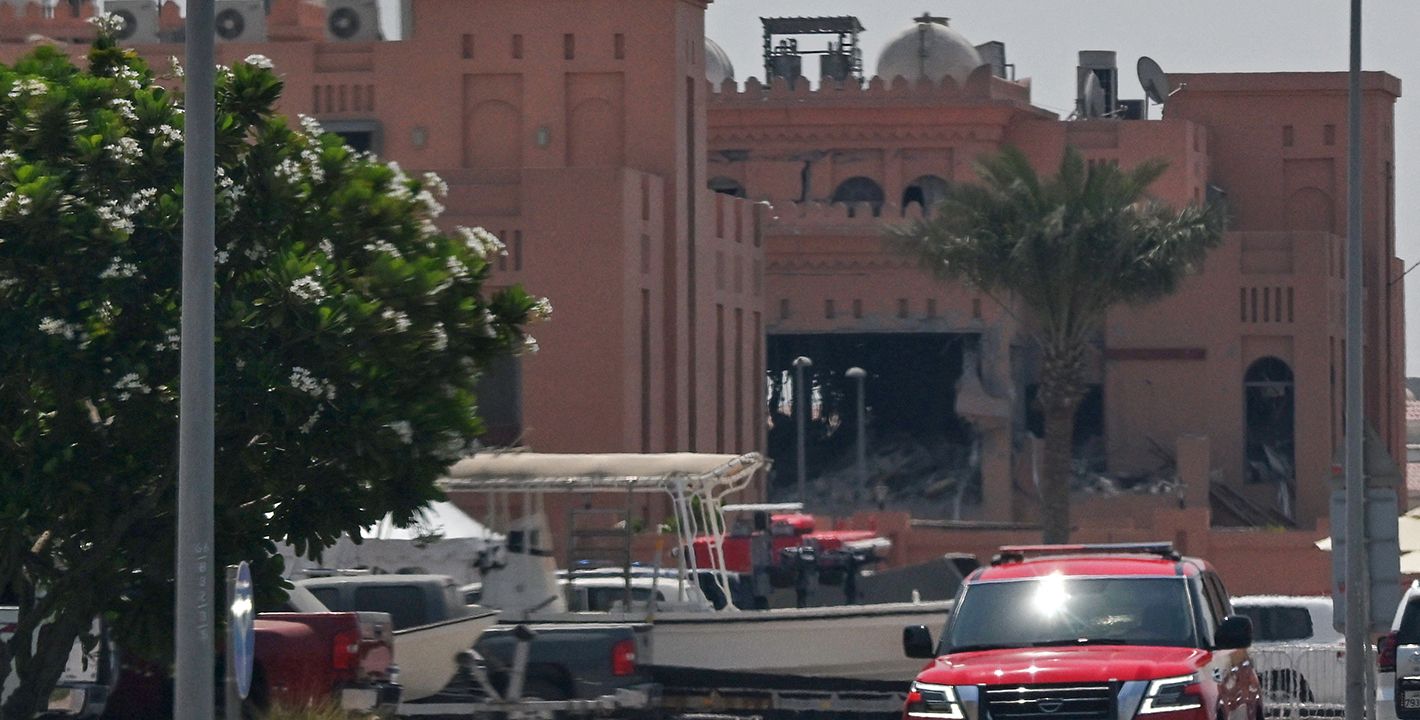What Happened?
On September 9, Israel launched an airstrike against a Hamas meeting in Doha, Qatar’s capital. The Israelis claimed that they were retaliating for an attack against a bus stop in Jerusalem on September 8, which killed six people and injured eight others. Hamas later claimed responsibility for the attack. However, the reality may be more complicated than this.
Qatar is a major non-NATO United States ally and a mediator in the negotiations to secure a ceasefire in Gaza and the release of Israeli hostages by Hamas. Israel was targeting senior Hamas leaders, including Khalil al-Hayyeh, Zaher Jabarin, and Khaled Meshaal, none of whom, so far, has been confirmed killed or injured in the attack. According to a Hamas statement, five Palestinians were killed in the attack, three of whom were bodyguards, as well as Hayyeh’s son and a senior aide. The attack occurred while Qatar was mediating in the latest round of negotiations between Israel and Hamas over the situation in Gaza.
Why Is It Important?
Qatar is not only a major ally of the United States, it hosts the largest and most important American airbase in the region at Al-Udeid, which was one of President Donald Trump’s stops on his Middle East tour in May this year. The White House announced at the time that Qatar had made a $1.2 trillion commitment to promote economic exchanges with the United States. While the Trump administration denied prior knowledge of the Israeli strike, it is highly unlikely that Israel would have conducted such an operation without notifying the Americans beforehand, given their extensive presence in Qatar. As more facts emerge, they may raise uncomfortable questions about the real value of U.S. security guarantees to Qatar, but also to other Gulf countries relying on Washington’s security umbrella.
The attack, which sought to eliminate the very Hamas leadership involved in the negotiations over Gaza, significantly undermined Doha’s ability to act as a mediator in the conflict. The war in Gaza has claimed over 60,000 Palestinian lives, a third of them children, and some 1,900 Israeli lives, devastating large swaths of the territory.
What Are the Implications for the Future?
The Doha attack had several major implications. First, it will affect U.S. standing as a security guarantor for countries in the region. The Gulf remains one of the largest markets for American defense exports and hosts several U.S. military bases. Yet the attack underscored Washington’s unequal commitment to its allies’ security, prioritizing Israel’s defense over that of its Arab partners. Over the past decade, the Gulf states have diversified their security ties, pursuing deeper cooperation with China and Russia. This trend is likely to accelerate after the Israeli attack, in which a major customer of U.S. defense material proved unable to intercept Israeli aircraft using U.S.-supplied systems. The June 23 Iranian missile strike on Al-Udeid, itself a response to U.S. attacks on Iranian nuclear facilities, had already created a perception that the security cover offered by Washington was less reliable than many assumed.
Second, the attack had implications for the Gaza conflict. Although the Israeli operation failed to achieve its declared aims, it signaled the absence of any serious interest by Israel in a negotiated settlement in Gaza. This further emboldened it to pursue maximalist objectives in the territory, as well as the total destruction of Hamas, even if such an outcome may not be feasible. This path will only cause wider devastation to Gaza and likely pave the way for the forced displacement of the Palestinian population. If Israel’s underlying aim is indeed to empty Gaza of its inhabitants, the attack in Qatar undermined any process that could lead to an alternative outcome, which may well have been the Israeli intention. Hamas continues to insist on releasing the hostages only in the framework of an agreement that ends the war.
The attack in Doha also carried a clear message to Türkiye, a close ally of Qatar and a NATO member, which hosts several Hamas leaders and officials. Ankara’s tensions with Israel have been rising in Syria, where recent Israeli strikes have targeted locations where Türkiye is establishing a military foothold. With Turkish troops stationed in Qatar and strong bilateral defense ties between the two countries, the Doha attack can be read as a new episode in the escalating Israeli-Turkish tensions.
As for Hamas, its options are limited. At most, it can carry out attacks like the one in Jerusalem, or even execute the Israeli hostages in its custody. But that would not really change very much, as the Israeli government has shown that it doesn’t consider the fate of the hostages a priority. That is why Hamas is unlikely to react in any meaningful way.
Finally, the Doha attack will impact the Trump administration’s ambition to expand the Abraham Accords to include other Gulf partners, regardless of any progress towards Palestinian statehood. Such an effort is unlikely to bear fruit in the near future in light of the Doha attack, as well Israel’s intention to annex a major part of the West Bank. This project appears to be on hold, however, after the United Arab Emirates, which signed a peace agreement with Israel in September 2020, said that annexation would represent a “red line” that would “foreclose on the idea of regional integration.” The attack in Qatar drew wide condemnation in the Gulf.





